
Everyone takes pictures everywhere now, 24/7/365. So does “photographer”, in the amateur sense, still mean anything? I have pictures and questions that say it does.
This is provoked by Om Malik’s In the Future, We Will Photograph Everything and Look at Nothing in the New Yorker. It quotes Sontag (de rigeur for that subject in those pages I suppose), flirts with that seductive ol’ Internet Contrarianism, says smart things about photo software in general and and Google’s Nik Collection in particular, and has plenty of arm-wavey futurology about Evolution and Conversation.
I found the piece flat, partly because (oddly) it contains none of the author’s photos; thus just words about pictures. But it quotes a (professional) photographer saying “the term ‘photographer’ is changing.”
So if everyone is a photographer, then maybe no-one is? But I don’t buy it; “photographer” is still a useful word describing a class of people who aren’t hard to distinguish with a few basic questions.
Q: Shoot faces? · It’s easy to laugh at selfies, but they make people happy and that can’t be bad. Also they celebrate certain of life’s moments, pulling them out to assert them special. You can laugh at the dweebs with the sticks but they just don’t care and I admire them for it.
On a Melbourne train
Also: Somewhere right now there’s a young woman who’ll lead her nation to war, or write a book that wrenches a generation’s heart, or help make technology that touches a billion lives. Unlike previous generations of such women, her biography’s early chapters will be improved by selfies.
There are exceptions, but I think a photographer is apt to spend lots of time and care on portraits, their own or others’. No pictures are as intense as pictures with faces in them.
Q: Keep all your pictures? · Lots of people do. In the New Yorker, Malik points out that with two billion smartphones in daily use, the planet’s aggregate photo inventory is growing like cancer. He notes that there are more pictures than anyone can remember, and speculates that cloudy artificial intelligences will extract emotional value from them.
I doubt it.
Sydney harbour ferry on Mosman bay.
You can’t imagine how many I threw away;
I was trying for a Miyazaki sort of
feel.
I think that most pictures are trash and you shouldn’t invest your irreplaceable neurons in tracking them.
Which is to say, a photographer is someone who discards lots of their own pictures. Now, by “discard” one may mean “leave RAW files in an archive I never look at” and that’s OK. Me, I actually delete everything that doesn’t give either my eyes or my emotions a thrill.
I propose a taxonomy of pictures-that-are-worth-keeping, grouped by “why”. It has only two taxa: because they touch my life and because they please my eye. Do not throw away time guessing whether they will touch other lives or please other eyes. The only life whose touch-points you understand is your own, and the only eyes whose pleasures you feel are your own. I often want to touch other lives and please other eyes, but all I (or you) can do is bet that their lives or their eyes are like mine (or yours).
Spring sun on Vancouver’s Main Street
I don’t know about you, but the photographs I care about (including almost all of the four thousand or so that have appeared on this blog) fire a cascade of memory neurons when I see them. Which is almost frightening; how much of my brain is occupied with remembering images I captured in the last century, as opposed to useful things like where vacuum attachments are or what those I love want for their birthdays?
Q: Post-process? · Well, yeah. Malik suggests that this can be outsourced to The Cloud or The Google. And indeed, those services can sometimes work subtle magic.
I had two pictures of this Sydney spider silhouetted against a street-lamp. Fairly heavy Photoshoppery here.
But I, and I’m betting most photographers, totally love post-processing. I’m old enough to remember spinning the dials on an enlarger in a darkroom, but I don’t miss it, except perhaps the Seventies bonhomie and dope-smoking. Tools like Lightroom and Nik go further faster. I’ll be honest: There are few things I enjoy more than unloading the camera and spending a couple of hours coaxing magic out of the pixels the sensor saw.
Sydney sidewalk in the rain; a mobile-phone capture that required a lot of punching up.
There’s a built-in frustration for me and I suppose any photographer: Unless you’re in my house or get me to make a large paper print, you’ll never see any of my pictures looking as nice as they do in Lightroom on a big modern retina screen with decent color calibration.
Q: What’s Nik about? · It’s wonderful software, full of love. It concentrates the judgments of a small number of people who know a whole lot about beauty and image-processing algorithms and lets amateurs like me apply them by clicking on buttons and wiggling sliders.
Our friend Debbie, a lawyer in Melbourne.
Processed
with Nik Silver Efex Pro 2.
Malik says that Google making Nik free is a prelude to ignoring it and thus putting it on the road to dusty death that beckons all unstrategic unmaintained software. I suspect he’s right.
So here’s why Google should pour love and money into Nik: It increases the amount of beauty on the Internet. Google profits when there are beautiful things there to be found and displayed.
I’d argue that Nik is a uniquely cost-effective lever for converting photographic passion into images that make people go “wow”. And further, at least in this decade, that you can’t achieve an equivalent effect on a mobile device without a keyboard or mouse. Mobile technology wins in lots of arenas, but can’t yet replace a general-purpose computer with high-grade input devices.
Q: What’s a photographer? · I still think the word has meaning. If you’re getting paid to take pictures, you qualify. If you’re not, then you might anyhow: Do you capture faces? Check. Do you throw away loads of pictures? Check. Do you enjoy post-processing? Check.
Most important: Do you feel it in your gut, sometimes, looking at pictures you’ve taken and processed? Check.
The Victoria State Library’s Latrobe Reading Room, in Melbourne.
If you think you might be a photographer and you’re not sharing, start now. When others say “nice pic” it feels good. Not as good as making the pic, though.

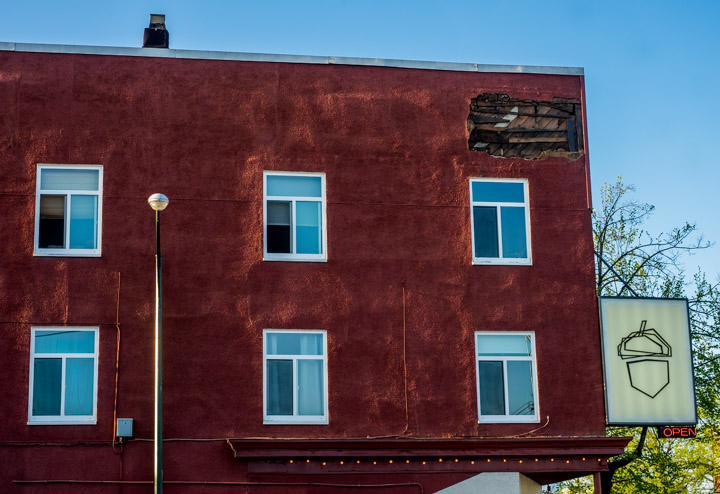
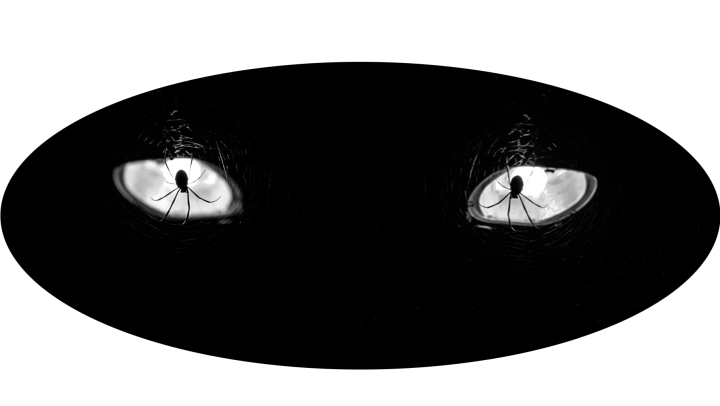
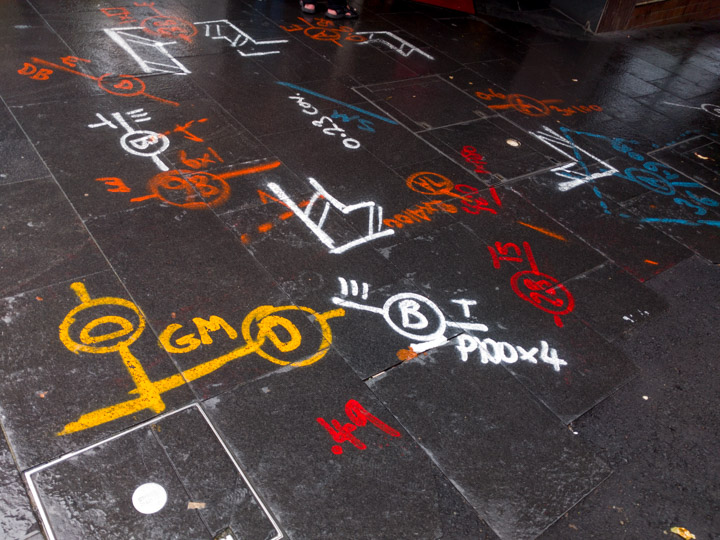
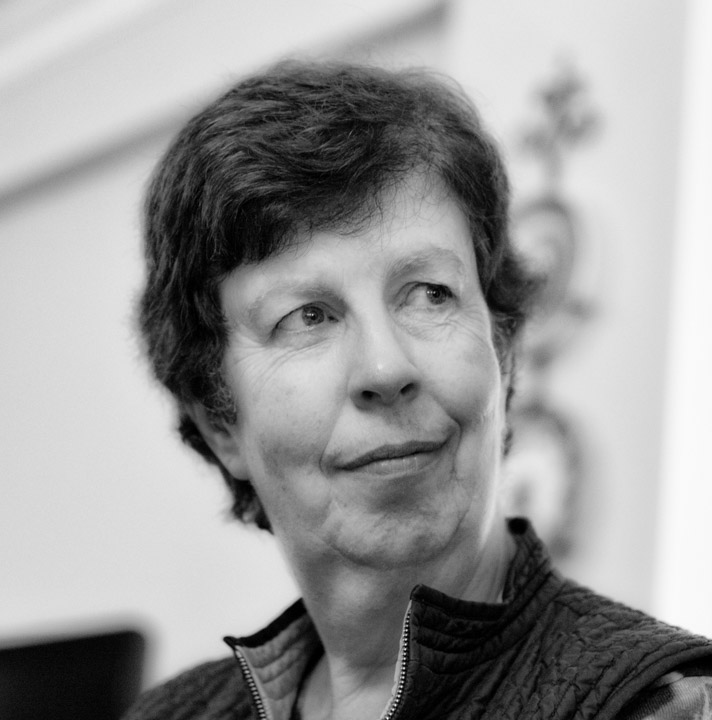
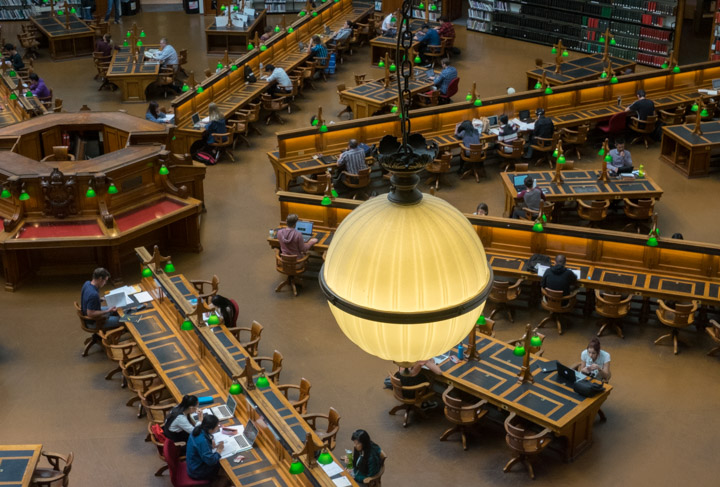

Comment feed for ongoing:
From: John Cowan (Apr 16 2016, at 20:19)
Most people are literate now (85-90% worldwide), but "writer" still has meaning.
[link]
From: Gavin B. (Apr 17 2016, at 05:07)
Nice Pics!
but not just:
Nice Words too Tim!
[link]
From: Fozbaca (Apr 17 2016, at 09:23)
"Do not throw away time guessing whether they will touch other lives or please other eyes. The only life whose touch-points you understand is your own, and the only eyes whose pleasures you feel are your own."
Words of photography wisdom.
[link]
From: Doug Kretzmann (Apr 18 2016, at 13:00)
as John says, 'writer' retains its meaning even though we nearly all do it.
I believe the distinction between taking pictures and photography is intentionality, in both the ordinary and philosophic senses. Looking at my blog, some of the pictures are merely illustrations, others are certainly intended to be something more. The distinction may not be visible to anyone but me..
[link]
From: Nathan (Apr 19 2016, at 20:14)
I think it's interesting that capturing faces is a differentiator. At street markets, I see people selling nice prints of nice photos as art and souvenirs; generally these are nature photos with no faces in sight. I'm a fairly enthusiastic amateur photographer with an Instagram account and a photo blog, and I very rarely post faces. I guess I shouldn't call myself an amateur photographer? What's the alternative term? Camera-having person (or, as Mr. Malik would possibly argue, just "person")?
For every subgrouping of humans, there will be people who want to define the grouping such that they are in it and others are not. It's true for gamers (filthy casuals) and geeks (fake geek girls) and the upper class (nouveau riche). I think it's more interesting how we can make the hobby accessible to people who don't fit one particular definition of what it means to be your thing.
If you don't, you run the risk of those people changing the game and making you obsolete.
[link]
From: Simon Griffee (Apr 24 2016, at 11:04)
A photographer is a person who makes instant drawings using a tool that records impressions of light.
Professional photographers get paid for their drawings, but often the originality and honesty of the work suffers unless they choose the people who will pay them carefully.
Amateur photographers do not get paid for their light drawings. They might draw to document a thing or express a feeling, or for no reason other than seeing how the thing they draw looks like drawn (Winogrand).
A good photographer, professional or amateur, chooses the best drawings before showing them. The photographer takes the time to make drawings and choose the best ones.
If enough time is taken making and choosing drawings, the photographer may find she draws particular things in particular ways, and when other people see these drawings they understand and feel something.
[link]
From: passerby (May 19 2016, at 14:43)
> de rigeur
'Canadien' card confiscated.
[link]
From: Bruce (Jun 16 2016, at 06:58)
This article (and the referred to article "In the Future, We Will Photograph Everything and Look at Nothing") really hit home to me as a pro photographer and blogger.
Technology has brought everyone the tools to make anyone a photographer. Cell phone cameras, full-featured point and shoot cameras and free software like Google's Nik, Gimp, and Pacas make it much easier for "any photographer" to create striking images.
The question is not whether everyone is a photographer, but rather who is going to thrive as a PRO photographer and earn money. Those photographers who can separate themselves from the pack with some kind of unique approach will do well.
As more and more people become more and more able to create quality photographic images, it changes the marketplace dramatically.
Competition drives prices downward. Several local traditional portrait studios in my area have closed. Many photographers have turned to educating others on photography, rather than try to make a living at providing photos for clients.
This sounds like doom and gloom, but really it's just change. We can try to fight the change (remember 8-tracks, cassette tapes, and VHS video?) or adapt to the change. Keep on shooting! Bruce
[link]